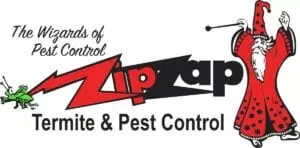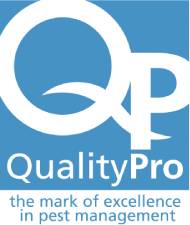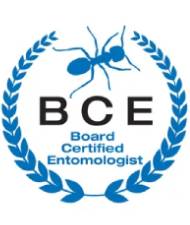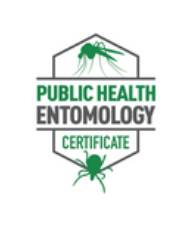How to Identify Rats and Mice in Kansas City
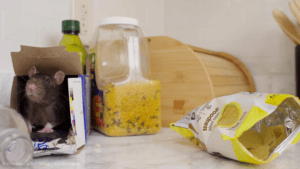
The Uninvited Guests: Norway Rats and Mice
Rodents, particularly Norway rats and mice, are unwelcome visitors to any home. These pests can cause significant damage to property, spread diseases, and create a health hazard. Understanding the differences between these two rodents and implementing effective prevention measures can help protect your home from infestation. If you are dealing with rats and mice in Kansas City, knowing local pest control resources can be very helpful. Moreover, it’s crucial to remain vigilant when dealing with rats and mice in Kansas City.
Norway Rats vs. Mice: A Comparison
While both Norway rats and mice are rodents, they exhibit distinct characteristics. Norway rats are larger, measuring around 10-12 inches in length, with a thick body and a blunt snout. They are typically brown or gray in color and often have a dark mark on their chest. Mice, on the other hand, are smaller, measuring about 3-4 inches long, with a slender body and a pointed snout. They are typically gray or brown, often with a white underside. Whether you are facing rats or mice in Kansas City, it’s essential to identify them correctly to implement suitable measures.
Health Risks Associated with Rodents
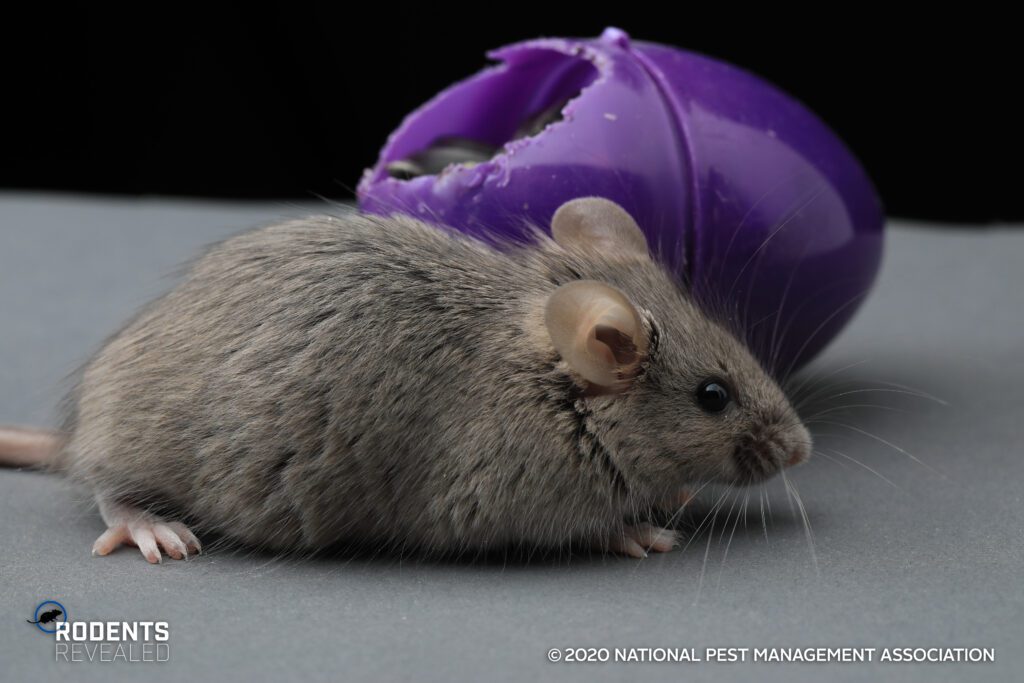
Rodents can pose serious health risks to humans. They are known to carry and transmit a variety of diseases, including:
- Salmonella: A bacterial infection that causes food poisoning.
- Hantavirus: A viral infection that can cause respiratory illness.
- Rat-bite fever: A bacterial infection caused by a bite from a rat.
- Plague: A bacterial infection transmitted by fleas, which can be carried by rodents.
In addition to disease transmission, rodents can also contaminate food and water supplies, leading to foodborne illness. Preventing rats and mice from infiltrating your home is key, particularly in areas like Kansas City.
Preventing Rodent Infestations
To prevent rodent infestations, it’s essential to take proactive measures:
- Seal entry points: Inspect your home for any cracks, holes, or gaps in the foundation, walls, or roof. Seal these openings with caulk or steel wool to prevent rodents from entering.
- Sanitation: Keep your home and yard clean and free of clutter. Rodents are attracted to food scraps, crumbs, and garbage. Store food in airtight containers and dispose of trash regularly.
- Regular inspections: Conduct regular inspections of your home for signs of rodent activity, such as droppings, gnaw marks, and tracks.
- Limit outdoor food sources: Avoid leaving pet food or birdseed outdoors, as these can attract rodents.
- Consider professional pest control: If you have a severe rodent infestation or are unable to control it yourself, it’s advisable to consult with a professional pest control service familiar with dealing with rats and mice in Kansas City.
The Importance of Professional Pest Control
While DIY methods can sometimes be effective, a professional pest control service offers several advantages:
- Expertise: Pest control professionals have the knowledge and experience to identify the root cause of a rodent infestation and develop a targeted treatment plan.
- Specialized equipment: They have access to specialized equipment and products that may not be available to the general public.
- Effective solutions: Professional pest control services can often provide long-term solutions to rodent problems, preventing future infestations.
- Safety: Rodents can be dangerous, and handling them improperly can pose health risks. Professional pest control technicians have the training and experience to handle these pests safely.
By understanding the differences between Norway rats and mice, implementing preventive measures, and considering professional pest control services, you can effectively protect your home from these unwanted pests and safeguard your health.

Jeffery Preece BCE,PHE
Jeffery Preece is the Owner and Technical Director of ZipZap Termite & Pest Control
